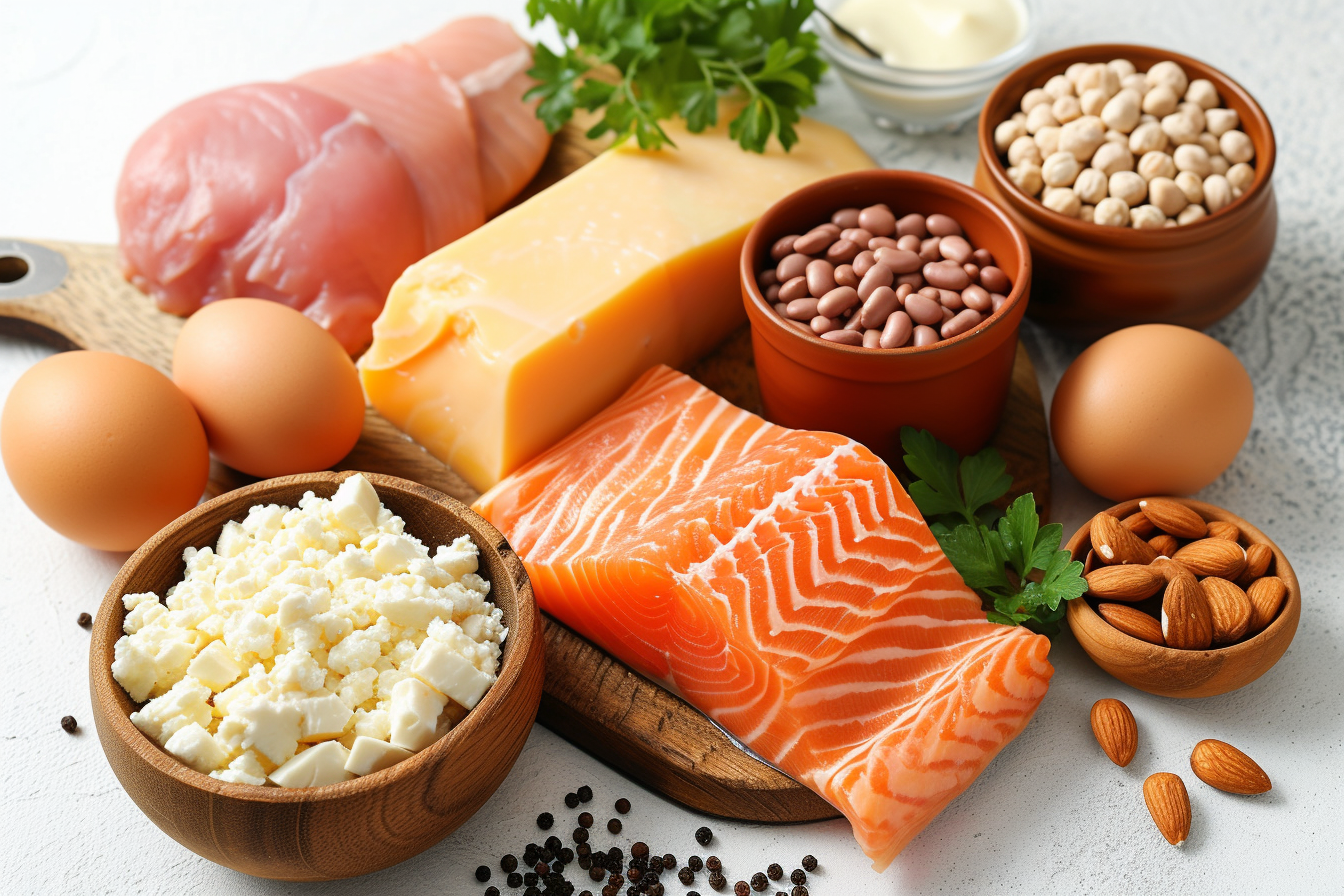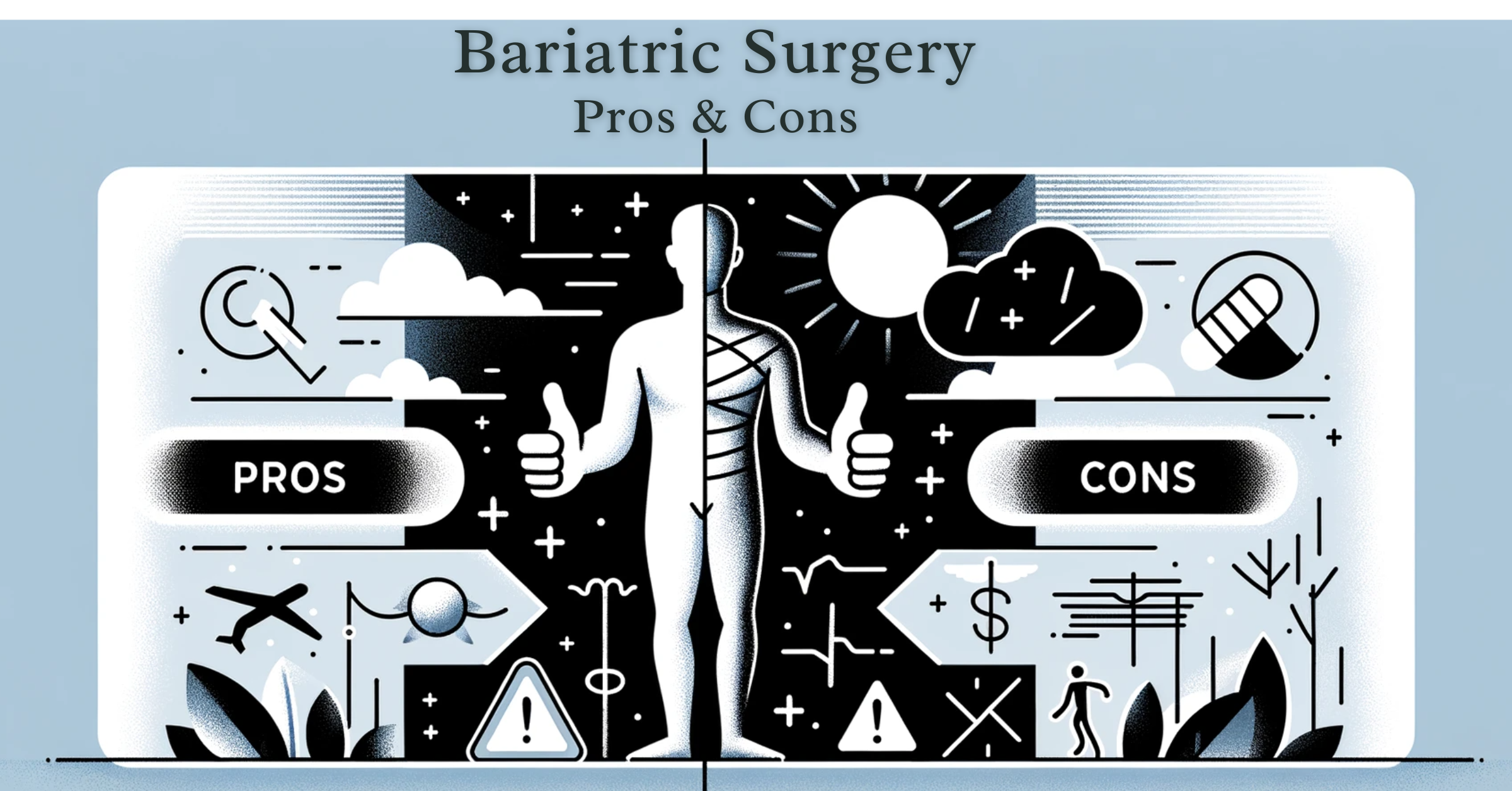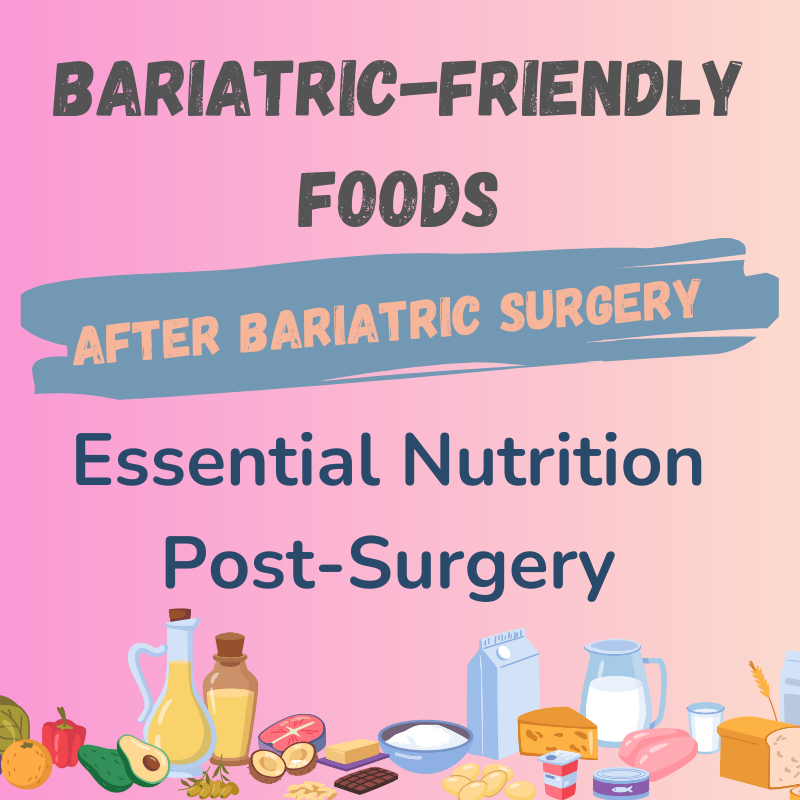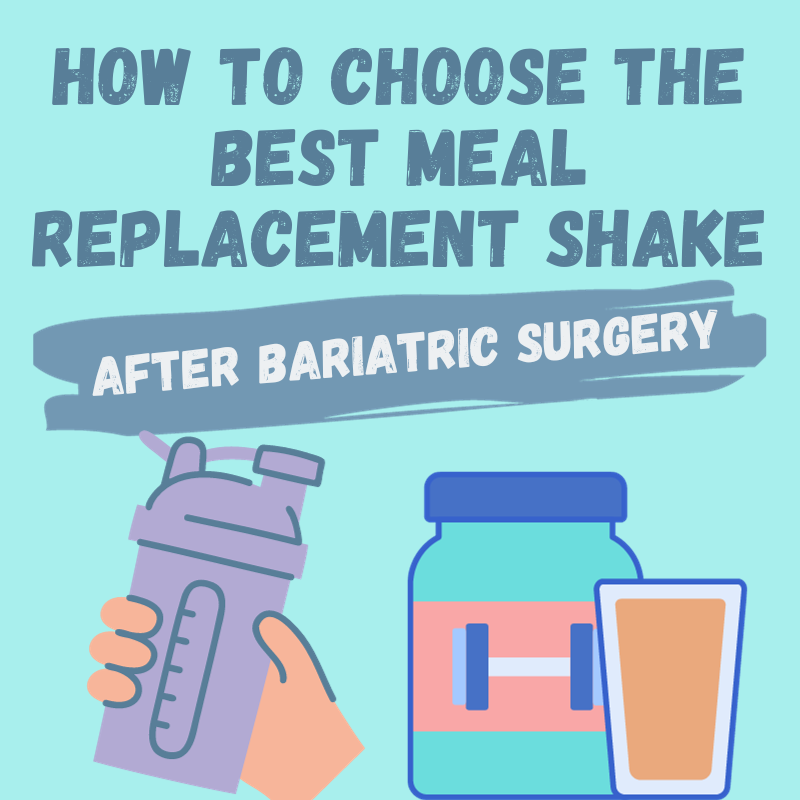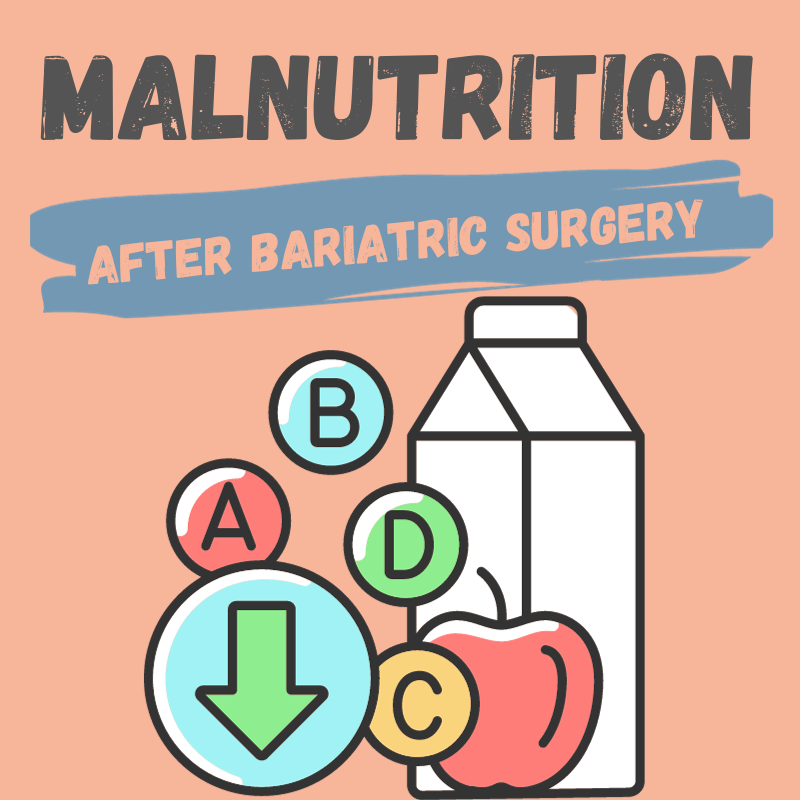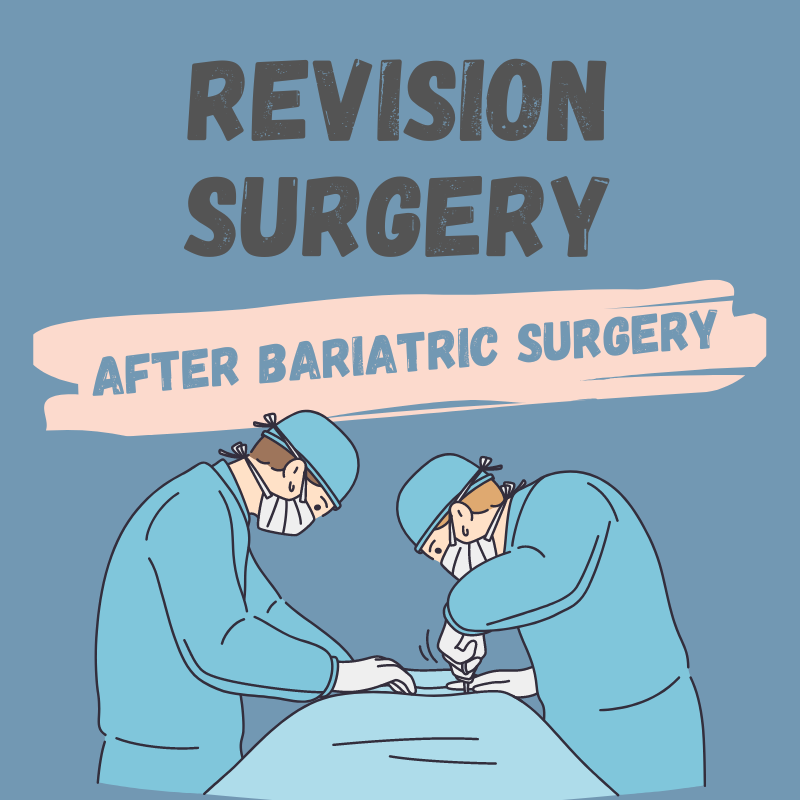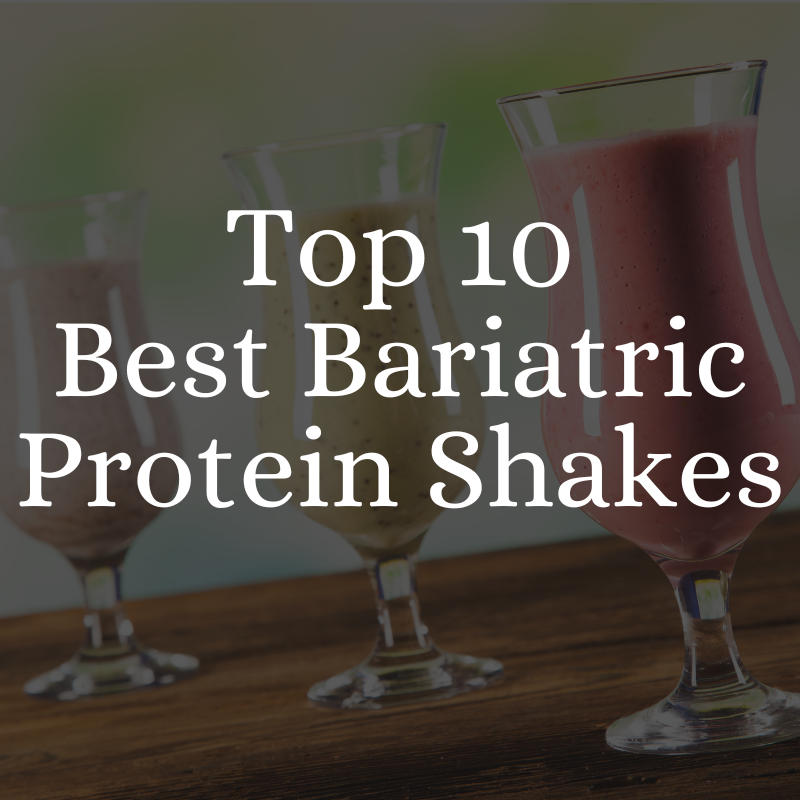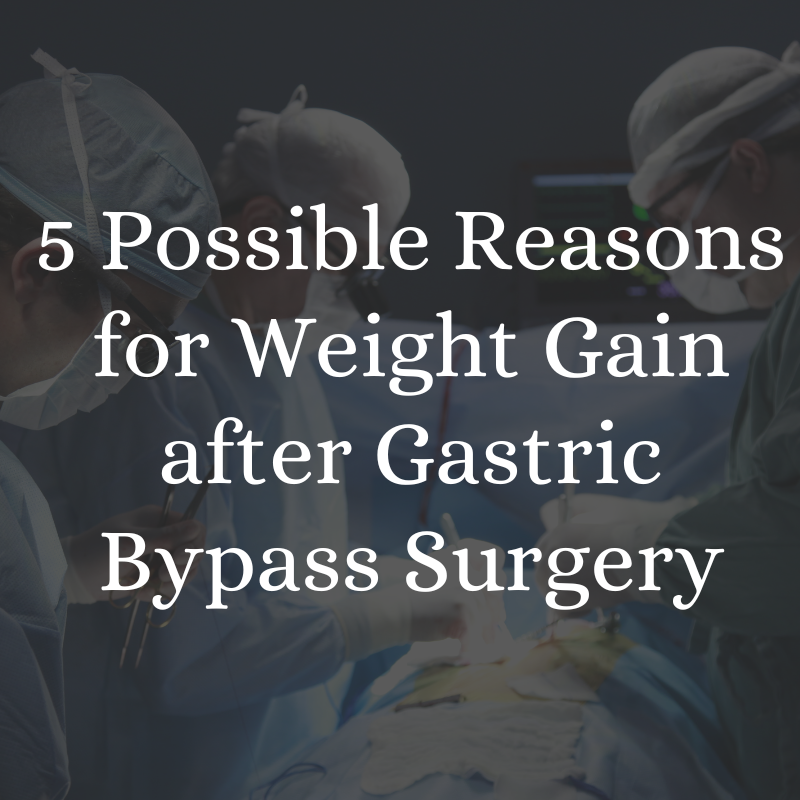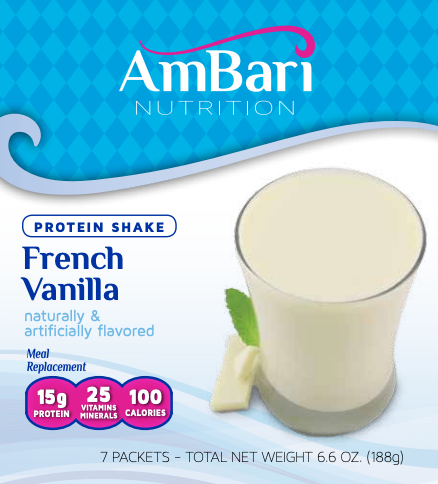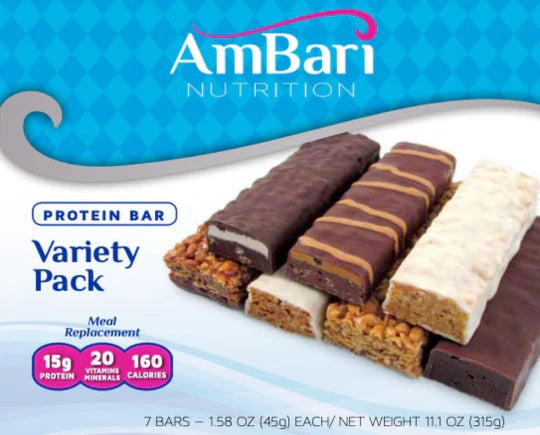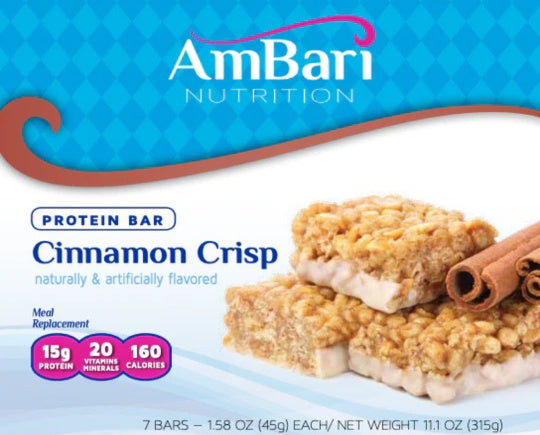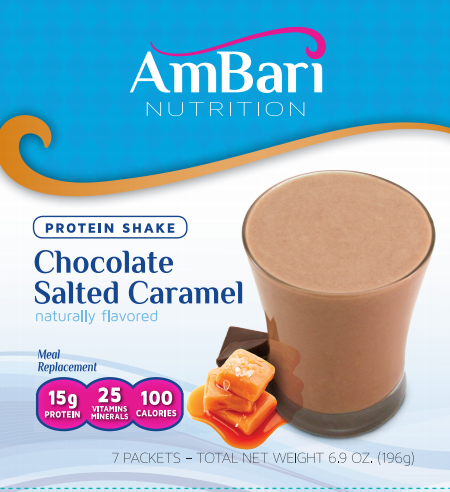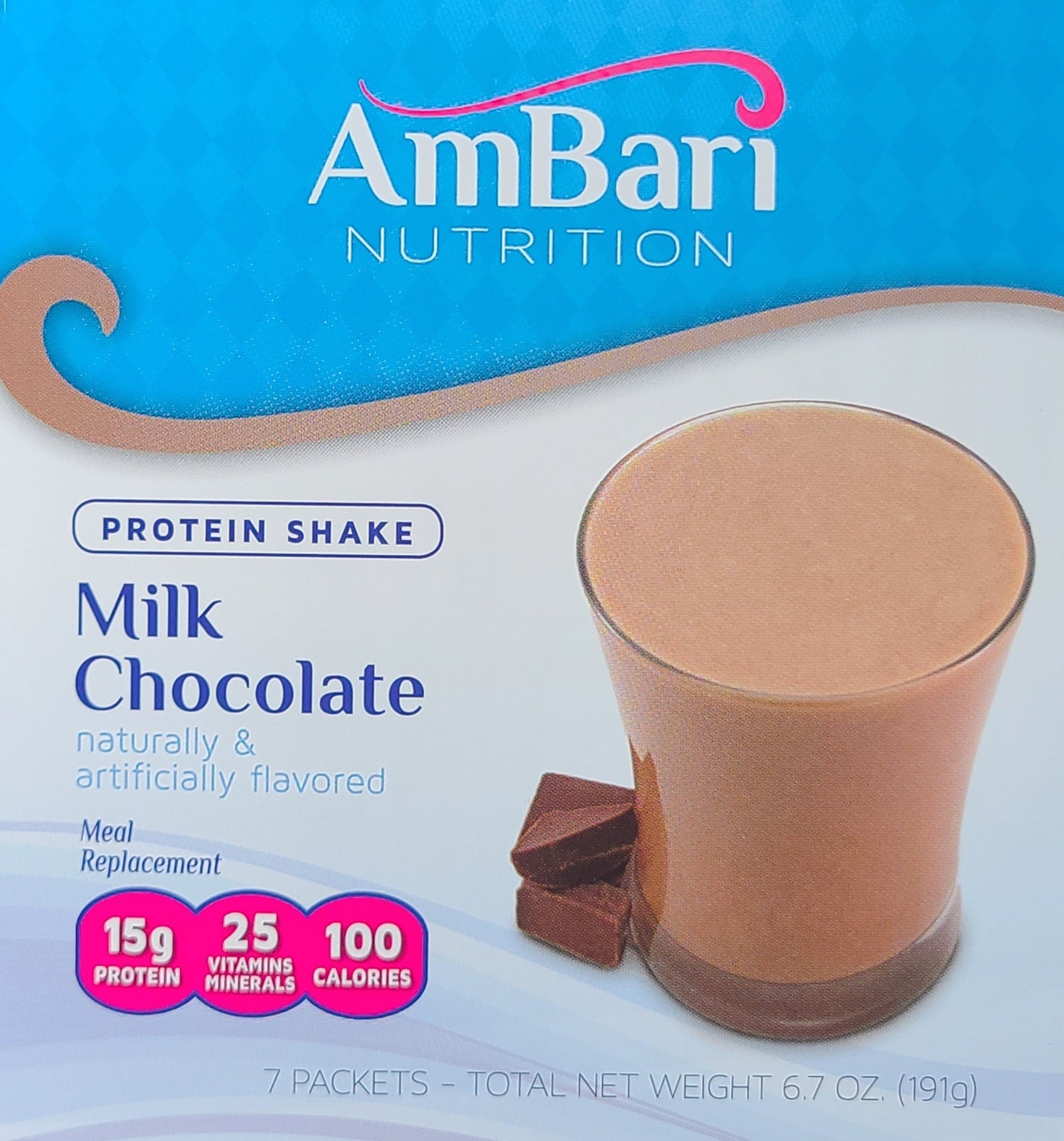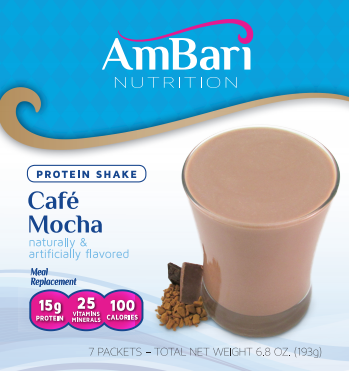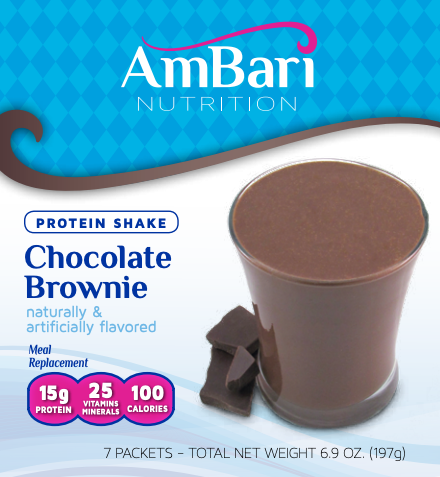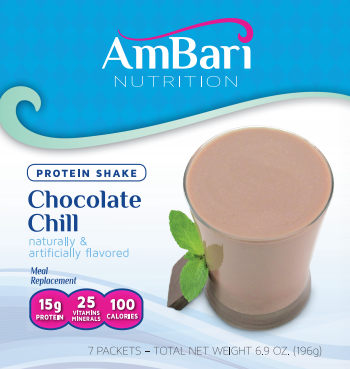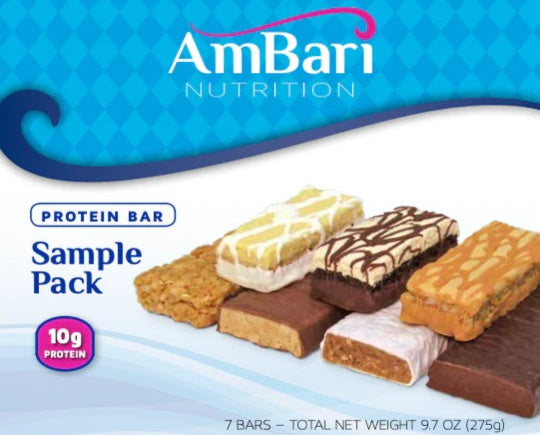Your cart is empty
4 Phases Of A Bariatric Diet (Immediately Following Surgery)
4 Phases to a Bariatric Diet After Gastric Bypass

Gastric bypass surgery is a common weight loss procedure that involves creating a small stomach pouch and rerouting the small intestine to this new pouch. After the surgery, it's important for patients to follow a specific diet to ensure proper nutrition. We'll go over the basics of bariatric diets after gastric bypass surgery, including the importance of vitamins and high protein foods.
Phase 1: Liquid Diet
The first phase is the liquid diet, which typically lasts for two to four weeks after the surgery. During this phase, patients are only allowed to consume clear liquids such as water, broth, sugar-free Jell-O, and sports drinks. The goal of this phase is to allow the surgical site to heal and reduce the risk of complications. Patients should aim to drink at least 64 ounces of liquid per day to prevent dehydration and promote healing.
It's also important for patients to take their vitamins during this phase, as their stomachs will not be able to handle solid vitamins yet. Bariatric multivitamins are specially formulated to provide the nutrients that patients need after gastric bypass surgery. They typically contain a combination of essential vitamins and minerals, such as vitamin B12, iron, and calcium, which are important for overall health and well-being.
While on the liquid diet, patients should avoid liquids that are high in sugar or caffeine, as these can interfere with the healing process and cause discomfort. Patients should also avoid carbonated beverages, as these can cause bloating and discomfort after gastric bypass surgery.
It's important for patients to follow their doctor's or dietitian's instructions carefully during this phase, as they will be able to provide guidance on the type and amount of liquids that should be consumed. Patients should also report any problems or symptoms to their doctor, such as abdominal pain, nausea, or vomiting, as these may be signs of a problem or complication.
The liquid diet phase is an important part of the diet after bariatric surgery, and patients should follow it carefully to promote healing and reduce the risk of complications. With the help of a dietitian and the proper nutrition, patients can successfully navigate this phase and move on to the next phase, the Pureed Diet.
Phase 2: Pureed Diet
After the liquid diet, patients move on to the pureed diet phase, which typically lasts for about two to four weeks. During this phase, patients can eat pureed foods such as scrambled eggs, cottage cheese, and pureed vegetables. The goal of this phase is to help patients adjust to solid foods and ensure that their digestive system can handle the new diet.
During the pureed diet phase, patients should focus on eating small, frequent meals to help their digestive system adjust. They should also avoid foods that are high in sugar, fat, and calories, as these can interfere with weight loss and cause discomfort.
It's also important for patients to listen to their bodies and eat slowly, as they may feel full quickly after surgery. If they experience symptoms such as nausea, bloating, or abdominal pain, they should stop eating and contact their doctor.
Once the patient has successfully navigated this phase they will move on to the next phase of their weight loss journey, the Soft Diet.
Phase 3: Soft Diet
The soft diet phase typically begins several weeks after the pureed diet phase and lasts for several months. During this phase, patients can slowly introduce soft foods such as cooked fruits and vegetables, lean proteins, and whole grains. The goal of this phase is to help patients gradually adjust to a normal diet and continue to promote weight loss.
Patients should continue to take their multivitamins and any individual vitamins as recommended by their doctor or dietitian during this phase. They should also aim to eat high protein foods, such as chicken, fish, and lean meats, to help with weight loss and maintain muscle mass.
It's still important for patients to avoid the foods that are high in sugar, fat, and calories, and they still should chew their food well and eat slowly to prevent discomfort and ensure proper digestion.
The soft diet phase is an important step in the bariatric diet. Once the patient has successfully navigated this phase they will move on to the final phase of their weight loss journey, the Regular Diet.
Phase 4: Regular Diet
The regular diet phase is the final stage of the bariatric diet. Now patients can eat a wide variety of foods and should aim to maintain a healthy, balanced diet. The goal of this phase is to help patients maintain their weight loss and prepare themselves for how they will eat from here on.
Patients should continue to take any individual vitamins as recommended by their doctor or dietitian during this phase and continue to eat a diet that is rich in high protein foods, such as chicken, fish, and lean meats, as well as fruits, vegetables, whole grains, and healthy fats.
Slowly chewing food is something that a bariatric patient will be getting used to doing by now and will continue to do this.
The regular diet phase is the final step in the your new bariatric diet.
For more reading: A Complete Guide to Life After Bariatric Surgery
I hope you find this helpful !!!
Bariatric Guides & Information
More Info
Customer Favorites
- Choosing a selection results in a full page refresh.

